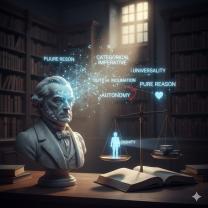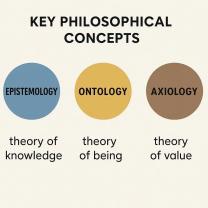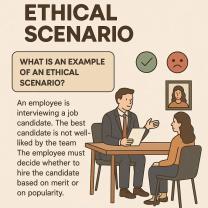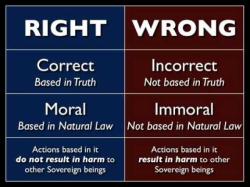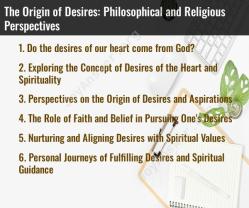What are the states of character according to Aristotle?
Aristotle, a renowned ancient Greek philosopher, explored the concept of ethical virtues in his work "Nicomachean Ethics." He believed that living a virtuous life leads to eudaimonia, often translated as "flourishing" or "well-being." Aristotle identified a framework of ethical virtues, which he referred to as "states of character." These virtues help individuals find the right balance between extremes and promote virtuous behavior. Here's an analysis of Aristotle's states of character and his perspective on ethical virtues:
1. Virtue (Arete):Aristotle considered virtue to be the mean between two extremes, excess, and deficiency. Virtue is achieved when an individual's actions and emotions are balanced and moderate. For example, courage is a virtue that lies between the excess of recklessness and the deficiency of cowardice.
2. Vice (Kakia):Vice represents the opposite of virtue and involves an individual's tendency to lean toward excess or deficiency. Vices are characterized by immoderate or inappropriate behavior. For instance, the vice of gluttony involves excessive consumption, while the vice of insensibility involves a lack of enjoyment in necessary pleasures.
3. Moral Virtues (Ethikai Arete):Moral virtues pertain to character traits and personal qualities that contribute to ethical behavior and virtuous living. These virtues are cultivated through practice and habituation. Examples of moral virtues include courage, temperance, generosity, and kindness.
4. Intellectual Virtues (Dianoetikai Arete):Intellectual virtues, also known as intellectual excellences, are qualities of the mind that lead to intellectual growth and rational thinking. These virtues include wisdom (practical and theoretical), understanding, and knowledge. They involve critical thinking, logical reasoning, and the ability to discern what is morally right.
5. The Doctrine of the Mean:Aristotle's "Doctrine of the Mean" emphasizes finding the middle ground between extremes. Virtue is not the same as avoiding excess or deficiency; it involves actively pursuing the right amount or appropriate response. For example, the virtue of truthfulness lies between boastfulness and self-deprecation.
6. Golden Mean:Aristotle's concept of the "Golden Mean" suggests that virtue is like a target between the two extremes of excess and deficiency. Just as an archer aims for the center of the target, individuals should strive for the middle ground to cultivate virtuous character.
Aristotle's exploration of ethical virtues and states of character provides a practical framework for individuals to lead a morally sound and fulfilling life. By cultivating virtues, individuals can navigate moral dilemmas, make ethical choices, and strive for eudaimonia – a state of genuine well-being and flourishing.


